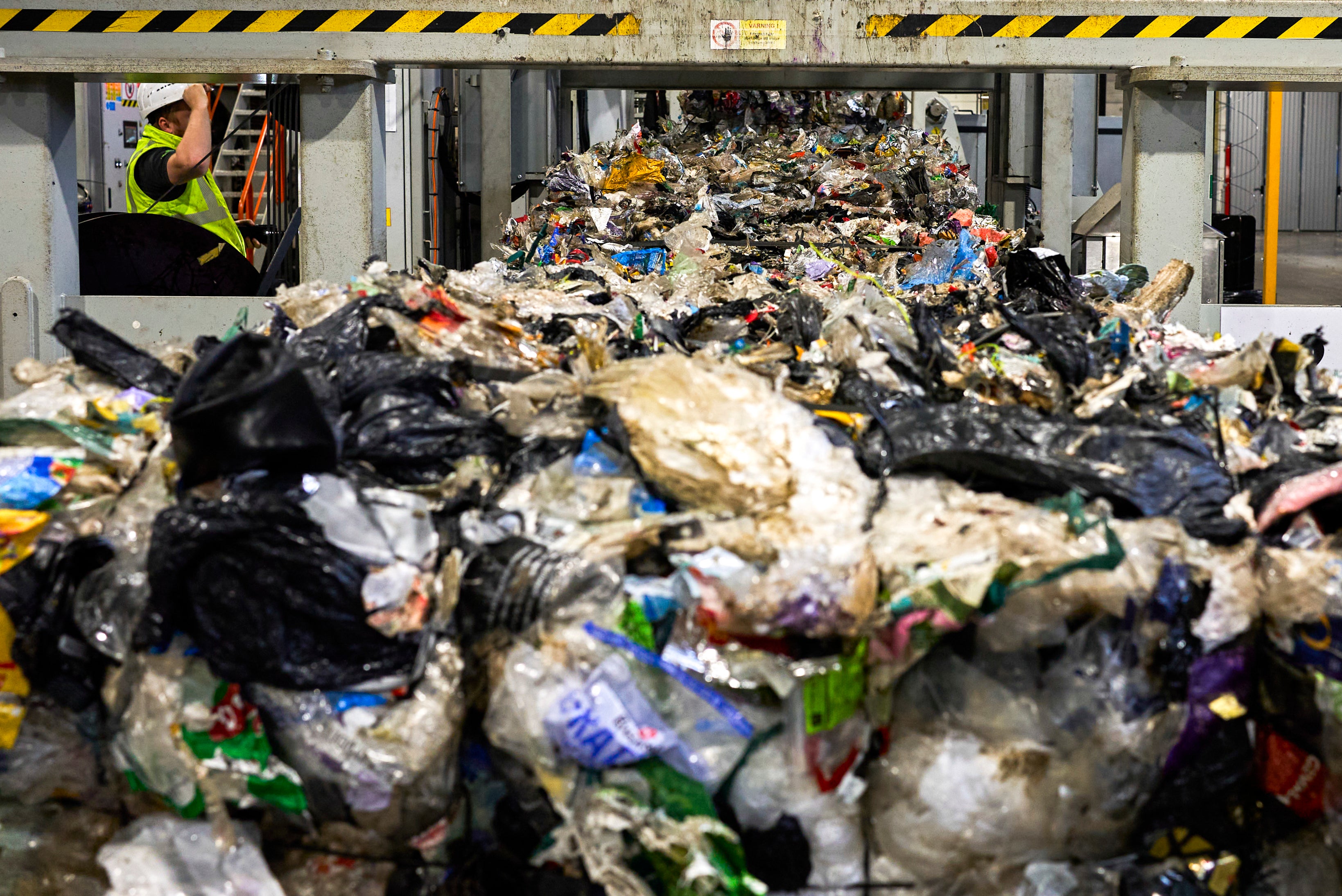EU nations reach major breakthrough to stop shipping plastic waste to poor countries
European Union countries and lawmakers have reached a breakthrough to stop sending their plastic trash to poor countries

Your support helps us to tell the story
From reproductive rights to climate change to Big Tech, The Independent is on the ground when the story is developing. Whether it's investigating the financials of Elon Musk's pro-Trump PAC or producing our latest documentary, 'The A Word', which shines a light on the American women fighting for reproductive rights, we know how important it is to parse out the facts from the messaging.
At such a critical moment in US history, we need reporters on the ground. Your donation allows us to keep sending journalists to speak to both sides of the story.
The Independent is trusted by Americans across the entire political spectrum. And unlike many other quality news outlets, we choose not to lock Americans out of our reporting and analysis with paywalls. We believe quality journalism should be available to everyone, paid for by those who can afford it.
Your support makes all the difference.The European Union made a major breakthrough Friday in efforts to stop sending its plastic trash to poor countries.
Under a tentative agreement, the 27 EU countries will no longer be able to export their plastic waste outside the Organization for Economic Cooperation and Development club of wealthy countries.
The text now needs to be formally approved by both the council representing the EU member states and the EU Parliament to enter into force.
Only a third of plastic waste in Europe is recycled, and half of the plastic collected for recycling is exported to be treated in countries outside the EU.
“The EU will finally assume responsibility for its plastic waste by banning its export to non-OECD countries,” said Pernille Weiss, the EU Parliament rapporteur. "Once again, we follow our vision that waste is a resource when it is properly managed, but should not in any case be causing harm to the environment or human health.”
In addition, plastic waste exports to the 38 OECD countries “will be subject to stricter conditions, including an obligation to apply the prior written notification and consent procedure, and closer compliance monitoring,” the Parliament said.
The deal was announced as United Nations-led negotiations for a treat y aimed at cutting plastics pollution take place in Kenya.
After a period of five years following the introduction of the regulation, non-OECD countries will have the option to ask the EU Commission — the bloc's executive arm — for the right to import plastic waste and the ban will be lifted if they prove they can treat it properly.
The EU Commission said negotiators agreed to set up a group to coordinate the action of member countries to make sure illegal shipments are detected and prevented.
According to EU data, the global production of plastic has grown from 1.5 million tonnes in 1950 to 359 million tonnes in 2018. As part of the Green Deal, 55% of plastic packaging waste should be recycled by 2030.